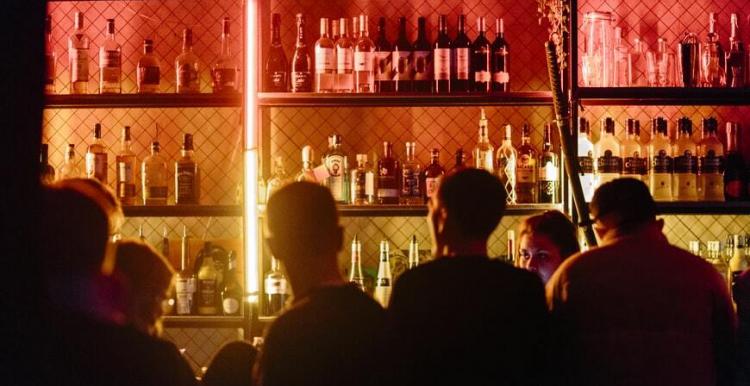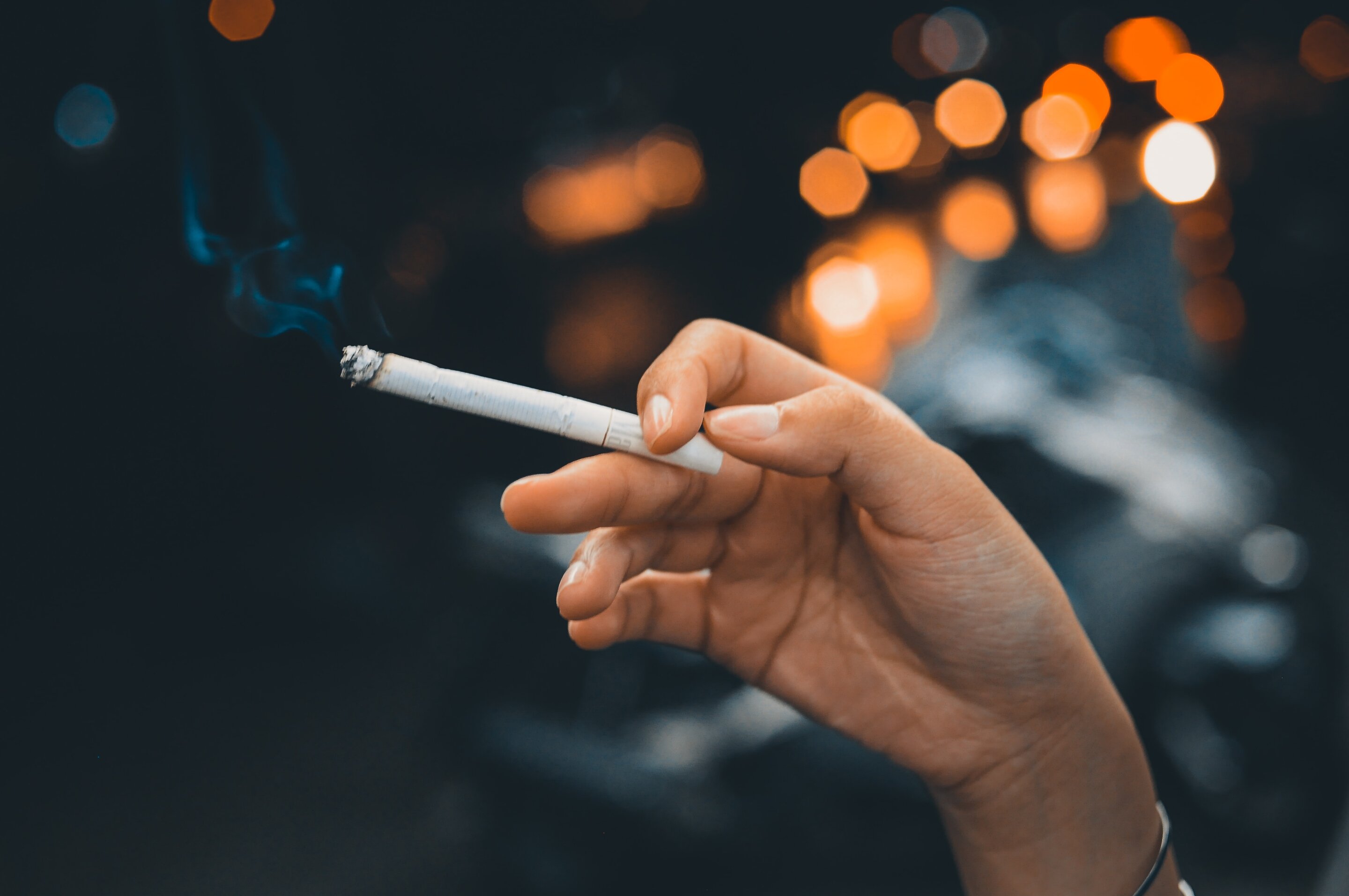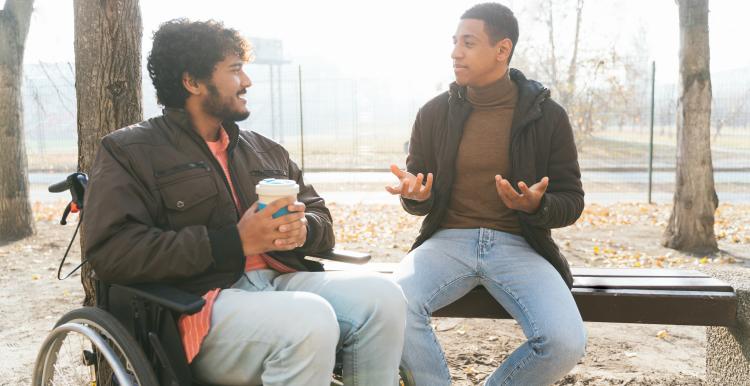Drink and needle spikings - what to do if you've been spiked

Spiking is when someone gives another person a substance without that person's knowledge or consent. Substances used in spiking can include:
- Alcohol
- 'Date rape' drugs
- Illicit drugs
- Prescription drugs
These substances can be added to a person's drink, or injected into a person using a syringe. Shots of alcohol can be added to drinks to make them stronger, causing someone to get drunk much quicker than expected. Or sometimes a drink can be spiked with drugs that are specifically designed to incapacitate someone.
Symptoms of spiking
The effects of spiking vary depending on what you’ve been spiked with. Your symptoms could include:
-
Lowered inhibitions
-
Loss of balance
-
Feeling sleepy
-
Visual problems
-
Confusion
-
Nausea
-
Vomiting
-
Unconsciousness
The symptoms will depend on lots of factors such as the substance or mix of substances used (including the dose), your size and weight, and how much alcohol you have already consumed.
If you or a friend start to feel strange or more drunk than you should be, then get help straight away.
How to avoid drink spiking
Ensuring all venues are safe from assault and harassment such as drink spiking is a collective responsibility. All venues that are licensed to sell alcohol have a legal duty for public safety and the prevention of crime and disorder on their premises, and this is monitored by their local authority.2,3 These licenses to sell alcohol usually include conditions to ensure venues have appropriate security and staff training in place.
Some venues give out drink stoppers for the top of your bottle to prevent someone dropping something in your drink.
There are also testing kits that can be used to detect certain drugs. But these don’t test for all types of drugs, so don’t always work, and they can’t detect extra alcohol in your drink.
Reporting suspected drink spiking to a venue and the police is one way to ensure enough steps are being taken to keep people safe.
As individuals, there are also things we can do to help avoid being a victim of drink spiking.
Drink spiking can happen in any situation, at home or on a night out. However, there are a few things you can do to protect yourself:
-
Never leave your drink unattended, whether it’s alcoholic or not
-
Don’t accept a drink from someone you don’t know
-
Avoid drinking too much by sticking to the UK low risk drinking guidelines
-
Stick together with friends, and look out for each other
How to help a friend who has been spiked
If you think a friend has had their drink spiked, and they are showing any of the symptoms described above there are a few things you can do to help:
-
Tell a bar manager, bouncer or member of staff
-
Stay with them and keep talking to them
-
Call an ambulance if their condition deteriorates
-
Don’t let them go home on their own
-
Don’t let them leave with someone you don’t know or trust
-
Don’t let them drink more alcohol - this could lead to more serious problems
If you think you've been assaulted
One of the effects of date rape drugs can be amnesia, or loss of memory. That means it’s possible that you won’t be sure if you’ve been assaulted. But if you suspect you’ve been physically or sexually assaulted it’s important to tell someone. Try to confide in someone you trust like a friend or family member.
You can go to the police or hospital accident and emergency department. If you don’t feel able to do that right away, there are Rape Crisis charity helplines you can call for support and advice:
- England and Wales: 0808 802 9999 (12–2.30pm and 7-9.30pm every day)
- Greater Manchester Victim's Service
- Greater Manchester Rape Crisis & Sexual Abuse Support Centre


